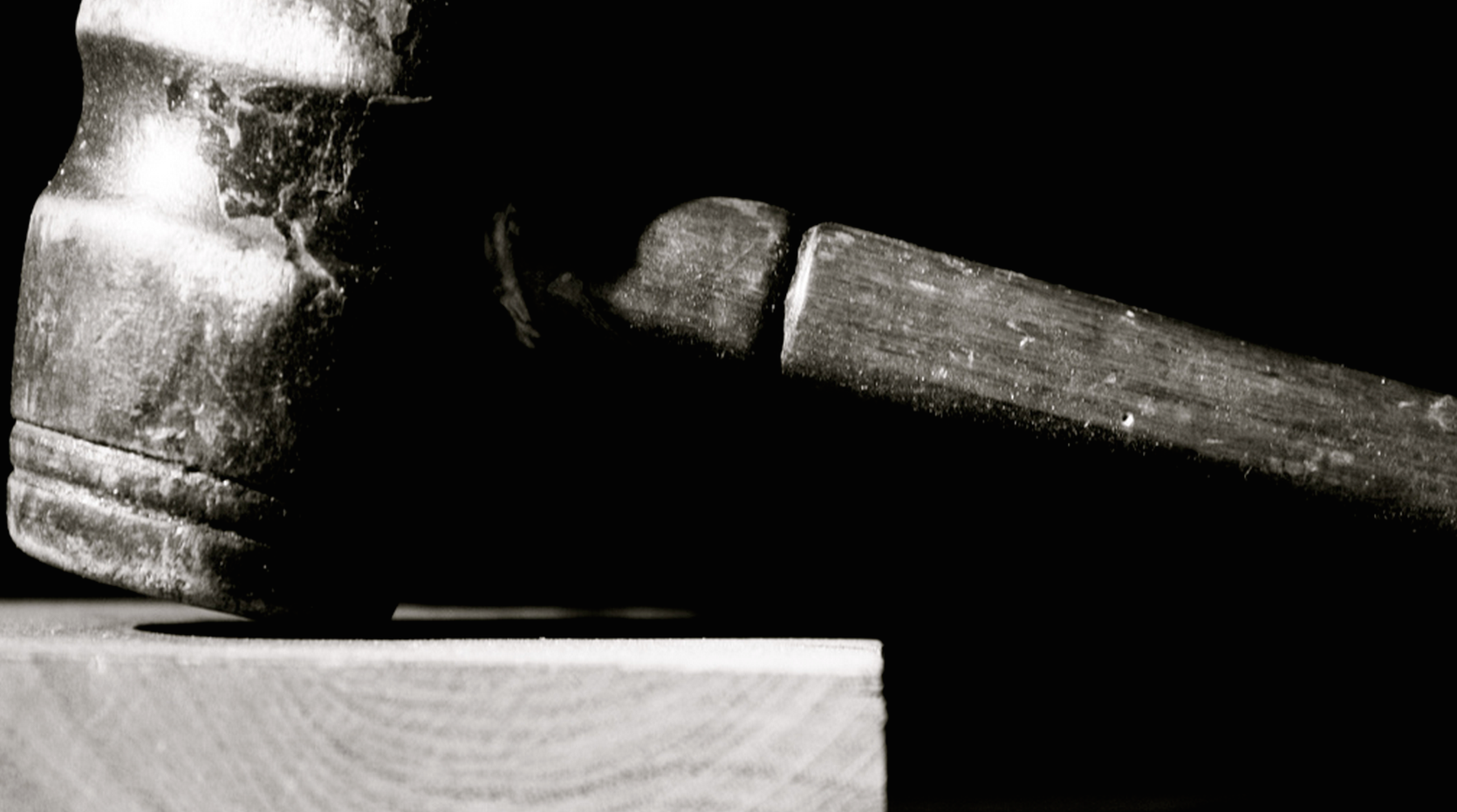Taking Upskirt Photos Of Teen Girls In Target Is Legal In Oregon, Says Court
The Oregonian reports on a recent ruling in the case of a man who was accused of crouching down in a Target store to take revealing photos of a 13-year-old girl.
While the young woman didn’t notice she was being photographed, another shopper did and reported him to employees. Surveillance footage subsequently confirmed what the shopper had claimed to see.
The 61-year-old was arrested for the Jan. 2014 incident and charged with invasion of personal privacy and two counts of attempted second-degree encouraging child sex abuse.
His defense wasn’t that he didn’t do — those facts are apparently not in dispute. Instead, his lawyers contend that his actions aren’t forbidden by state law.
Oregon’s invasion of personal privacy law requires that the person being photographed or recorded be in a “state of nudity,” which specifically means that the subject’s genitals, pubic area or breasts are “uncovered or less than opaquely covered” in any way.
Additionally, the statute requires the subject of these photos must be “in a place and circumstances where the person has a reasonable expectation of personal privacy.”
The defense team said that since the girl was wearing underwear the incident didn’t meet the first requirement, and that even if you did consider the images were “nude” in nature, she couldn’t have had a reasonable expectation of personal privacy in a huge retail store with dozens of other people present.
Prosecutors countered that the 13-year-old might have been in what is generally considered a public space, but nonetheless “had an expectation of privacy that a deviant isn’t going to stick a camera up her skirt and capture private images of her body.”
With regard to the other charges against the defendant, the relevant state statute posits a few situations in which a person would be encouraging child sexual abuse in the second degree. Two of them involve knowingly paying for child porn, and since the defendant took the photos in question himself, only the first type of violation seems to apply.
It requires that he “knowingly possesses or controls, or knowingly accesses with the intent to view, a visual recording of sexually explicit conduct involving a child for the purpose of arousing or satisfying the sexual desires of himself or another person.”
The defense argued that the images taken in this instance are not sexually explicit and thus don’t qualify as child porn under state law.
Prosecutors contended that the defendant’s intent was to snap photos that were explicit that he could use for his own sexual gratification. The fact that his results didn’t reveal nudity shouldn’t absolve him of trying to snap explicit images, they told the court.
But while the judge agreed that the actions of the defendant were “lewd” and “appalling,” state law left him no choice but to side with the defense.
“From a legal point of view, which unfortunately today is my job to enforce, he didn’t do anything wrong,” explained the judge, who said he was extremely frustrated” the decision. “It’s upsetting to say the least.”
Want more consumer news? Visit our parent organization, Consumer Reports, for the latest on scams, recalls, and other consumer issues.


